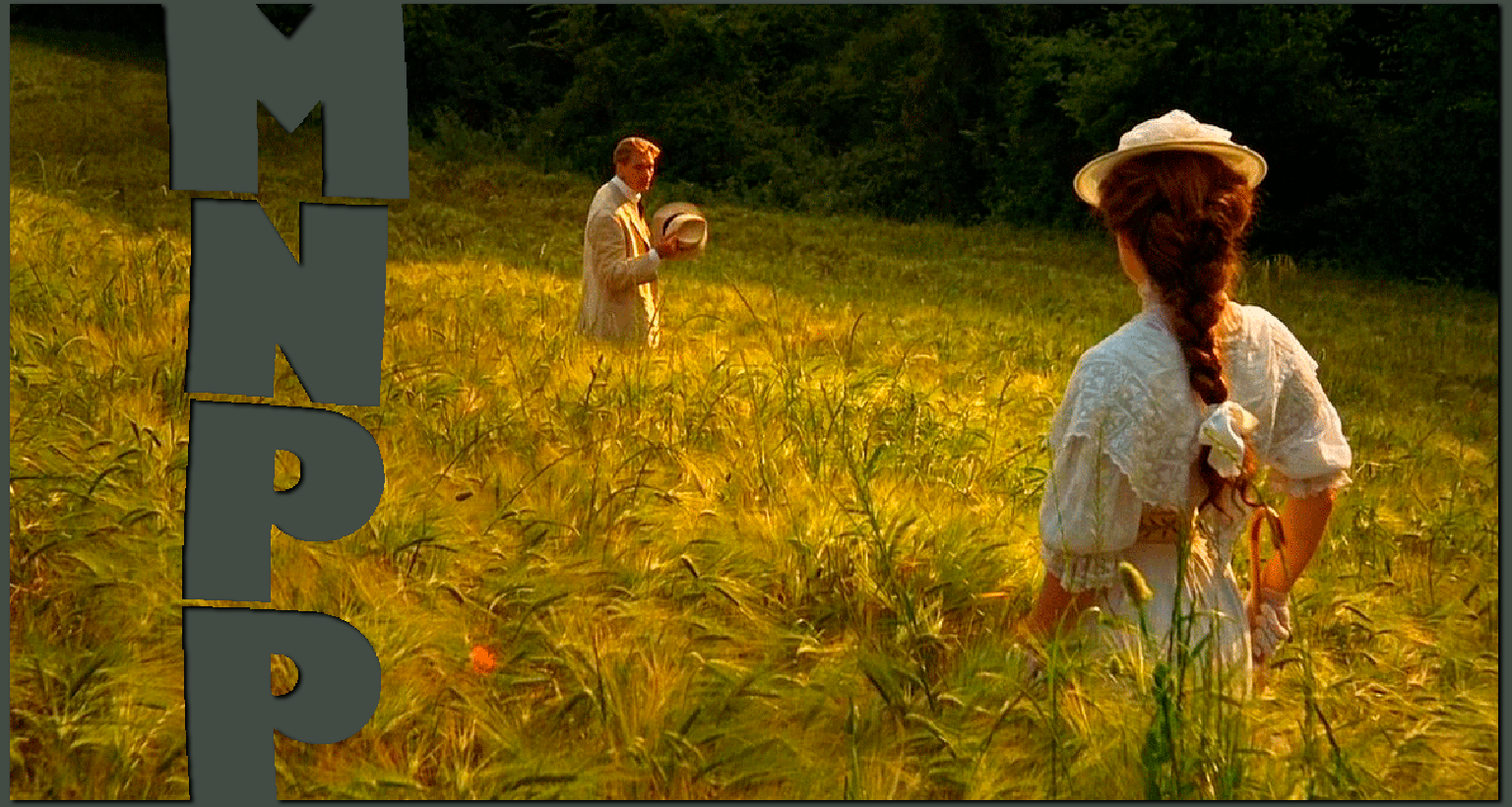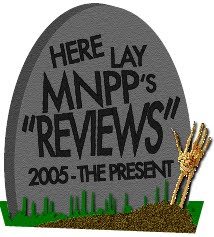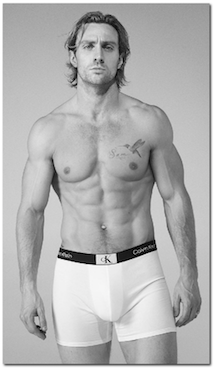.
Alongside American popular culture's regression into a seemingly single-minded fixation on superhero storytelling and the live-actioning of animated features there's been a third, darker strand of Hollywood's grasping for familiarly branded content -- the gritty glance-backs at a once grim (or perhaps Grimm) Fairy Tale Theater. Some of this overlaps nicely -- if we thought in quadrants we'd mention quadrants here - with Disney's reboots, as Alice and Snow White and Maleficent's pretty victim Aurora don battle gear to fight the waves of CG trolls and such; the fables we got whispered to sleep with now turned into big clanging things.
Gretel & Hansel, from director Osgood "Son of Anthony" Perkins, fits in alongside those in its way, but it's far smaller and stranger, more in league with 1997's Snow White: A Tale of Terror starring Sigourney Weaver, or Neil Jordan's The Company of Wolves with Angela Lansbury, or most especially A24's recent art-house output -- Perkins clearly loves him, as he well should, some Robert Eggers; you can see The Witch all over this thing. The Witch sought to up-end our sympathies on what draws a girl terrorized by patriarchal society into the sweet embrace of devilry, and there's a lot of that here as we watch Gretel (Sophia Lillis) slowly unearth an uneasy sisterhood (or perhaps a little more) from the gingerbread witch, here named Holda (and played to the fabulous hilt by Alice Krige, ever game).
The scenes between Gretel and Holda do thrum with a bizarre power -- somewhat sexual, it must be said, as the two women moisten their fingers and wave a divining rod back and forth, trembling open-mouthed with its every subtle tremor -- that sustains the film for a lot of its run time. Lillis and especially Krige make the most of the somewhat confused script, turning some nonsensical character beats into character quirks when needed. The movie doesn't seem to be sure of what it wants to say about the passing of an old school feminism towards a more modern sort, but then that conversation is a crowded one, littered with lots of bodies, male and female, on its path. Sometimes it's worthwhile just to throw all the guts on a table, fan 'em out, and see what looks tastiest. Eat til yer sick.
A lot of Gretel & Hansel looks and tastes very tasty indeed. Besides Krige's special-effect of a face the highest praise I can heap on this film is its stunning visual palette, with deep brown shadows melting into a gooey caramel crust -- it looks absolutely delicious. The design on all counts -- the costumes, with Krige's sharp-shouldered cloaks are a real stand-out, as well as the sets, with a modern-tinged A-frame standing absurdly as an elbow pressed into the forest's soft intestines. It clangs off-tune just right, which is to say just wrong.
And yet the film, for all the good bits, doesn't really ever cohere into a finished product -- too many of its interesting ideas remain half-baked in the oven, or otherwise burned black to soot where it should count. When Gretel and Holda aren't holding strange court as the flip sides of womanly considerations the film just kinda sits there, flat and pretty as a still picture, or twitching slightly at its corners, an elaborate moth pinned scientifically for some further study that never quite comes.








































1 comment:
Alice Krige is so utterly underrated. She makes everything better.
Post a Comment